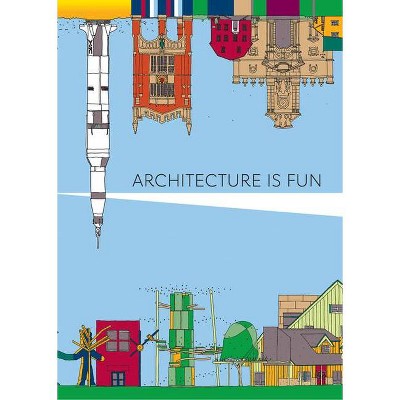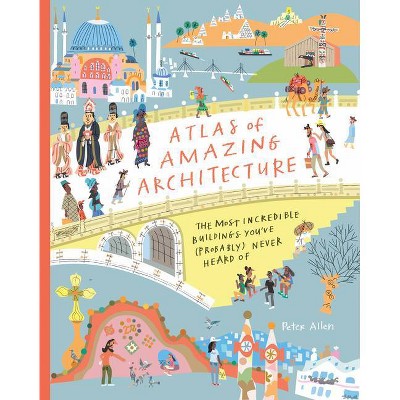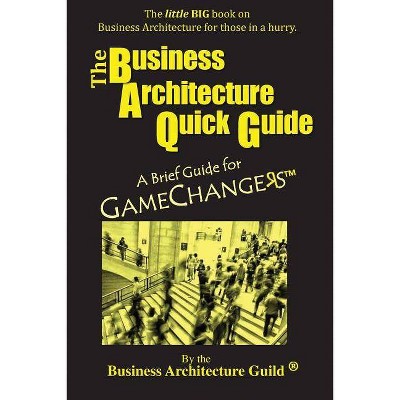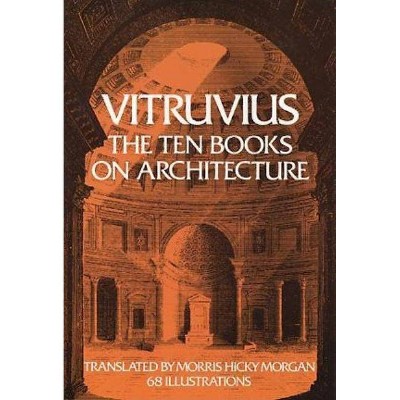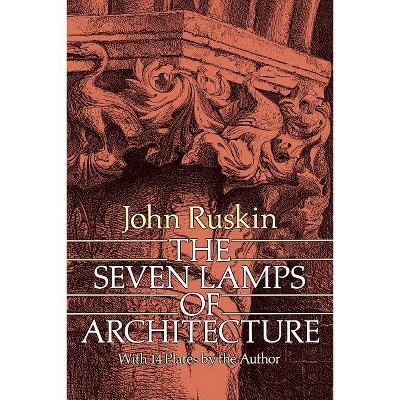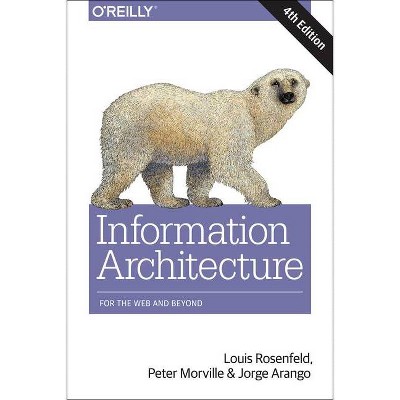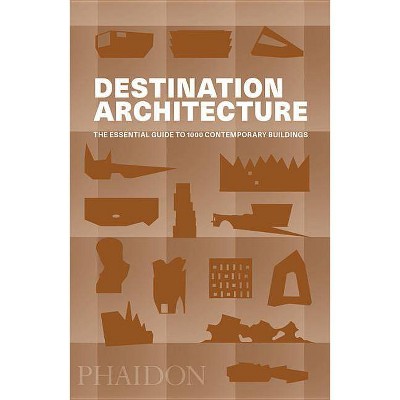The Architecture of Concepts - by Peter de Bolla (Paperback)
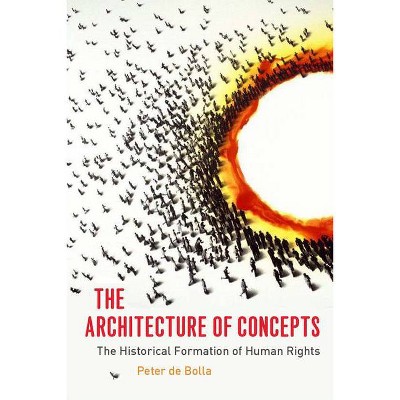
Similar Products
Products of same category from the store
AllProduct info
<p/><br></br><p><b> About the Book </b></p></br></br>The Architecture of Concepts presents a new history of ideas. Using digital archives to track the historical formation of the concept of human rights across the Anglophone eighteenth century, it argues that a better understanding of the architecture of the concept will enable us to deliver on its universal aspirations.<p/><br></br><p><b> Book Synopsis </b></p></br></br><p>The Architecture of Concepts proposes a radically new way of understanding the history of ideas. Taking as its example human rights, it develops a distinctive kind of conceptual analysis that enables us to see with precision how the concept of human rights was formed in the eighteenth century. <p/>The first chapter outlines an innovative account of concepts as cultural entities. The second develops an original methodology for recovering the historical formation of the concept of human rights based on data extracted from digital archives. This enables us to track the construction of conceptual architectures over time. <p/>Having established the architecture of the concept of human rights, the book then examines two key moments in its historical formation: the First Continental Congress in 1775 and the publication of Tom Paine's Rights of Man in 1792. Arguing that we have yet to fully understand or appreciate the consequences of the eighteenth-century invention of the concept "rights of man," the final chapter addresses our problematic contemporary attempts to leverage human rights as the most efficacious way of achieving universal equality.</p><p/><br></br><p><b> Review Quotes </b></p></br></br><br><p>The Architecture of Concepts surprises us at every turn. It uses the latest data bases and search engines to upend the standard history of the concept of human rights, which exploded much later in the<br>eighteenth century than usually supposed. It digs into American history<br>by revealing the First Continental Congress as a crucial site of conceptual innovation, and reveals Thomas Paine's Rights of Man has having dispersed the phrase more than the conception. At every turn, de Bolla forges an entirely original theory of concepts as culturally active forces--not merely definitions or ideas, but instruments of thought and action.</p><b>-----John Bender, <i>Stanford University</i></b><br><br>De Bolla has produced that rare thing--an academic book that does something new. Beginning with a splendid but challenging theoretical distinction between rights conceived as the specifiable properties of people called persons, and right conceived as a universal and axiomatic value of human life, but one that is nowhere available for empirical inspection, de Bolla proceeds to examine two momentous contributions to political history--The Declaration of Independence and Thomas Paine's Rights of Man.<b>-----Jonathan Lamb, <i>Vanderbilt University</i></b><br><br>De Bolla's concern for contemporary human rights is clearly evident, and there can be no doubt that he has undertaken the studies that comprise his carefully composed, intricately argued book with the ultimate aim of contributing to the cause of human rights.-- "--The Los Angeles Review of Books"<br><br>In 'The Architecture of Concepts; The Historical Formation of Human Rights', Peter de Bolla develops a distinctive method for the purposes of cultural history. He particularly aims to identify concepts--and in particular the concept of human rights--in terms of their cultural availability.-- "--Restoration and Eighteenth Century, Studies in English Literature"<br><br>Peter de Bolla's ambitious <i>The Architecture of Concepts</i> essentially offers three books in one. As its subtitle suggests, it aims to contribute to an understanding of the historical origins of one specific, politically highly relevant concept: human rights. Over the book's three central chapters, de Bolla develops a highly detailed and referenced argument, investigating the development of the conceptual structure of human rights at three pivotal points in history: in the pre-revolutionary American colonies, during the first Continental Congress, and in the influential debate between Burke and Paine following the French Revolution.-- "The British Society for Literature and Science"<br><br>This is the most detailed study to date of the process by which the idea of the rights of man entered popular discourse during the epoch of the American and French revolutions and subsequently became central to modern political thinking. Methodologically sophisticated and analytically innovative, it presents a penetrating and persuasive account of the linguistic transformations through which rights concepts emerged, and their relationship to related concepts, such as duty and humanity. The masterful use of digital archives makes possible for the first time disclosure of a much wider range of meanings within rights discourses, and thus reveals more clearly how rights concepts were formed and developed. This is a valuable addition to the growing literature on the emergence of the language of human rights.<b>-----Gregory Claeys, <i>Royal Holloway University of London</i></b><br><br>This new book by Peter de Bolla, professor of cultural history and aesthetics at the University of Cambridge, is a major contribution to historical methodology as well as to Enlightenment studies and our understanding of how modern universal human rights arose.-- "--Critical Inquiry, The University of Chicago"<br><p/><br></br><p><b> About the Author </b></p></br></br><br><strong>Peter de Bolla </strong>is Professor of Cultural History and Aesthetics at the University of Cambridge. His most recent books are The Fourth of July and the Founding of America and Aesthetics and the Work of Art co-edited with Stefan Uhlig.<br>
Price History
Price Archive shows prices from various stores, lets you see history and find the cheapest. There is no actual sale on the website. For all support, inquiry and suggestion messagescommunication@pricearchive.us
